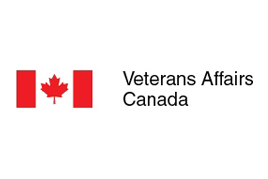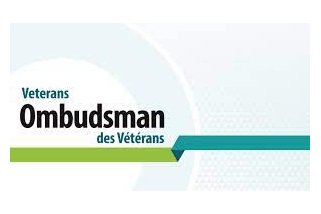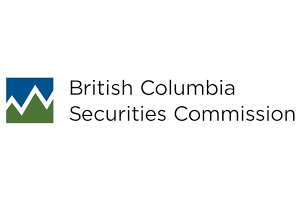An introductory workshop
This course is for brand new briefing note writers and is ideal for onboarding new staff. We cover what briefing notes are, why they matter, what strong content looks like, and how to approach the writing process.
Briefing Notes for Beginners
Workshop details
We customize each workshop to your team, documents, and organization
-
In-person—Half day (3.5 hours)
Live webinar—Half day (3.5 hours)
-
People who have never written a briefing note or want to refresh the fundamentals.
-
We meet with you to discuss your group's challenges and goals
You send us a series of representative documents
We analyze your documents
We customize our course material using excerpts from your documents
We hold the workshop
What you’ll learn
Fundamentals for strong briefings—where and how to start
What style and structure is most appropriate
What strong analysis looks like and how to create it
Get introduced to briefing notes and why they matter
Identify key components of a strong briefing
Use templates effectively
Know what information should go where and the right level of detail
Differentiate background from analysis
Structure content for readability
Understand what a business versus government writing style looks like
Learn tools to avoid common problem patterns in briefings
Write effectively for different levels of decision makers
Start the conversation

Before taking this course, it took me three full days to finalize a briefing note…After being halfway through and learning new techniques, I finished a briefing note in an hour and a half with limited editing! This course is a huge win for me and the work I do daily, thank you!”
— Federal briefing note writer
I appreciated the tailoring of the workshop materials to our organization, using real-time, current writing examples to analyze and improve. It was readily applicable to my work and very professionally done.”
—The Civilian Complaints and Review
I saw an immediate and lasting improvement in my branch and the organization as a whole. Products became much more concise. The biggest benefit was that it gave people permission to leave extraneous details out. It definitely reduced the time spent on reviews and revisions.”
— Executive Director of the Public Service Commission





















































